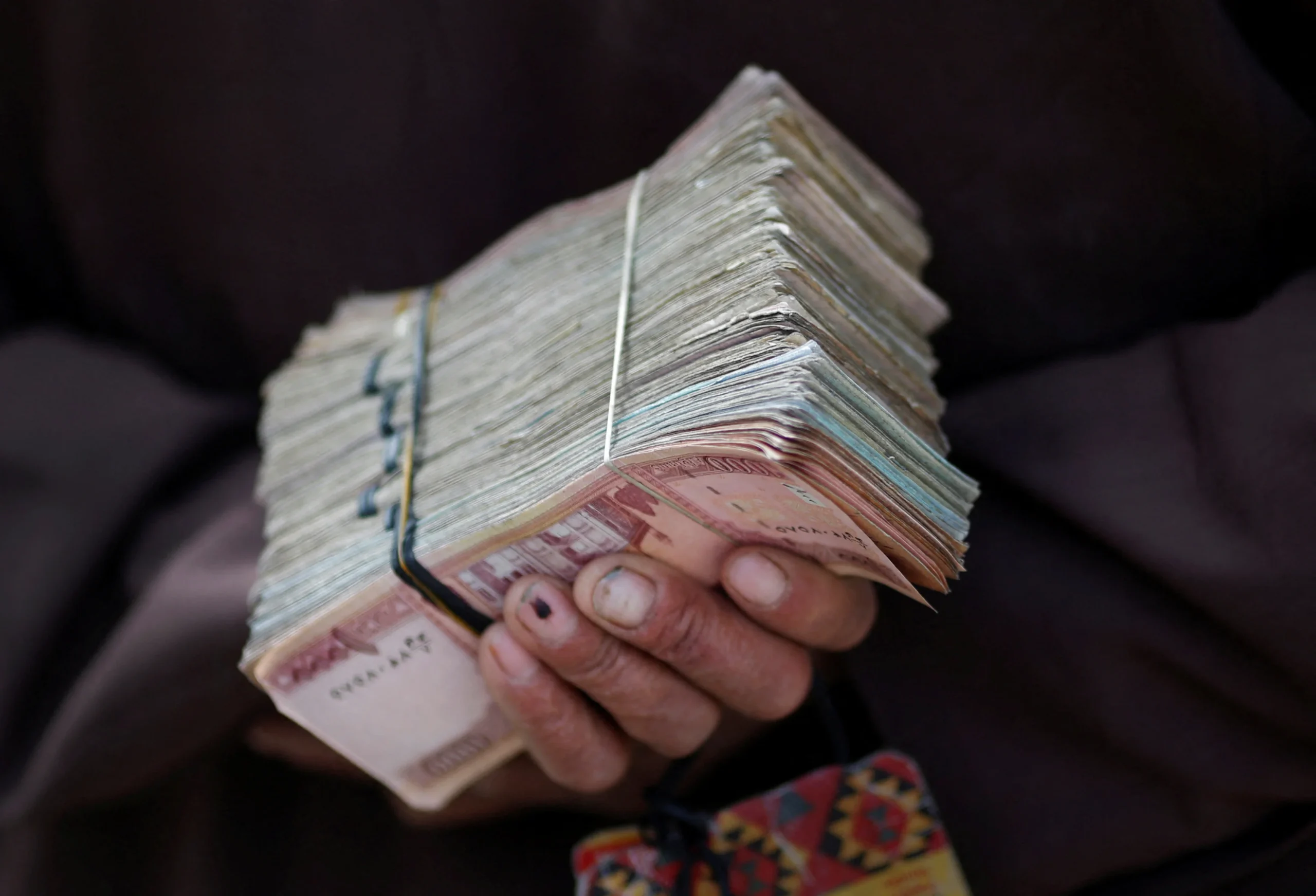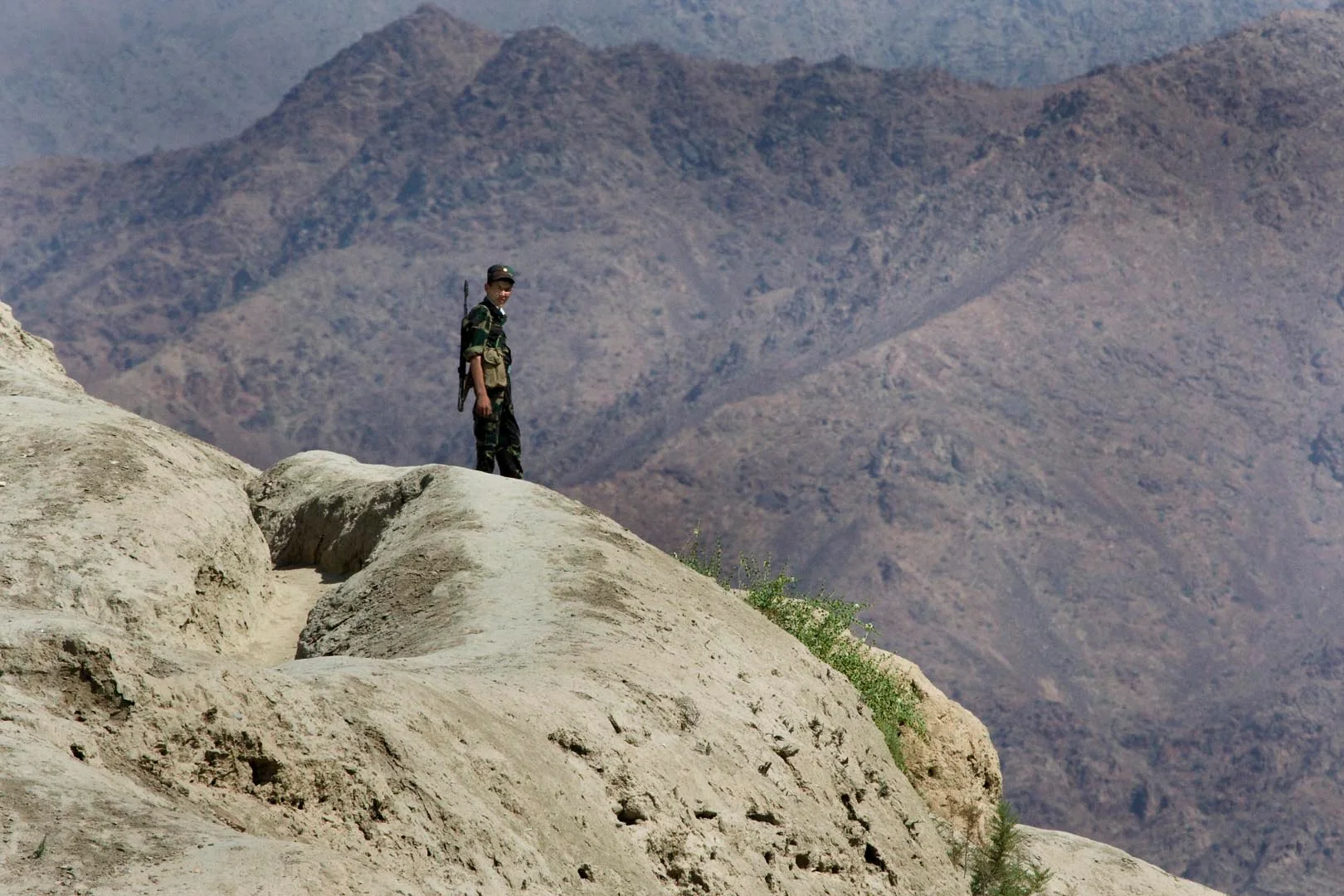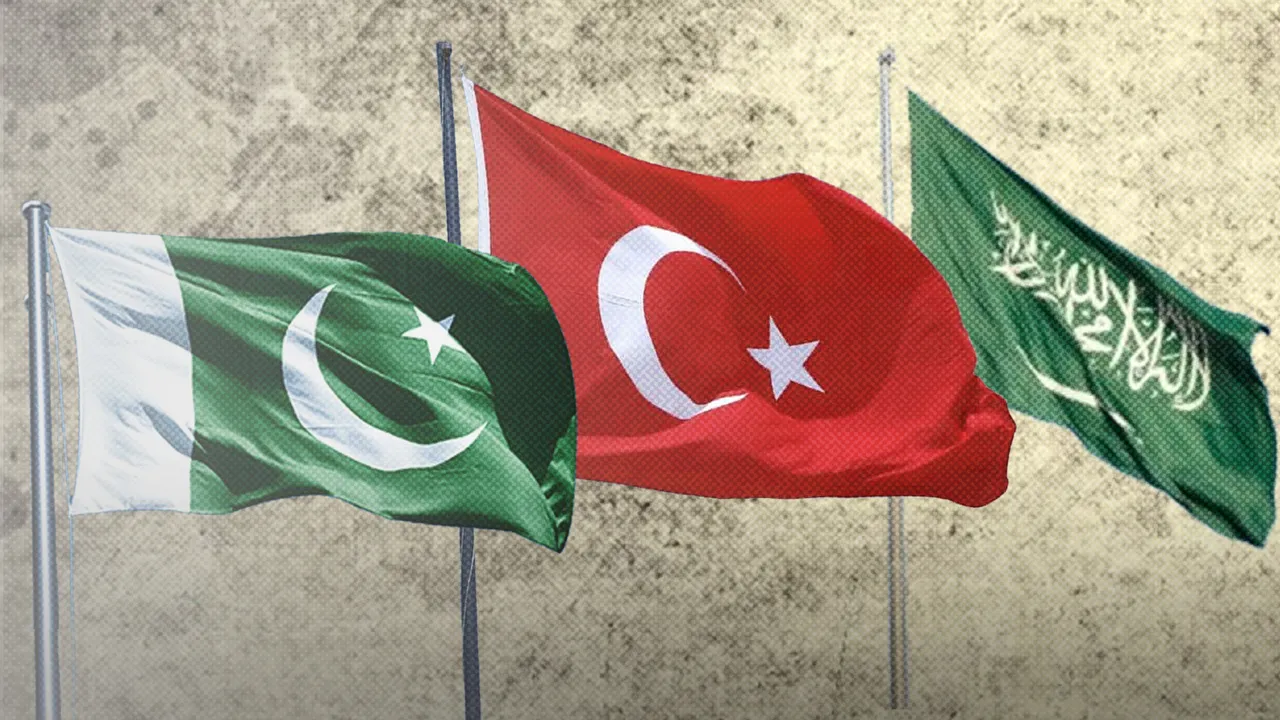The United Nations General Assembly (UNGA) is the world’s premier diplomatic stage, a forum where nations meticulously craft their image, project their foreign policy, and guard their protocols with fierce jealousy. For Pakistan, it is the annual platform to champion the cause of Kashmir, advocate for Palestine, and articulate its position on global security. Yet, during the recent 80th session, Pakistan’s diplomatic mission became the subject of ridicule and alarm, not for a policy statement, but for a photograph.
The image of Shama Junejo, a UK-based political commentator, seated directly behind Defence Minister Khawaja Asif during a UN Security Council session, ignited a firestorm that exposed shocking lapses in protocol, security, and institutional integrity within Pakistan’s foreign policy apparatus.
What began as a question of “who is she?” rapidly devolved into a full-blown scandal, revealing a chasm between official statements and on-ground reality, and raising grave questions about the competence and accountability of the Ministry of Foreign Affairs (MoFA). The Shama Junejo debacle is more than a fleeting social media controversy it is a case study in institutional failure.
A Timeline of Contradictions and Claims
The controversy unfolded through a series of bold claims by Ms. Junejo, followed by frantic denials from officials who appeared to be caught completely off guard.
Shama Junejo’s Assertions:
Through her social media posts and public persona, Ms. Junejo projected an image of an insider, deeply embedded within the Pakistani delegation. Her claims, included:
- Traveling with the Prime Minister on his official plane to the United States.
- Being tasked with the significant responsibility of drafting the Prime Minister’s speeches for his UNGA address.
- Having access to sensitive, confidential, and secret government documents, a claim that carries serious national security implications.
The viral photograph of her at the UNSC session seemed to lend credence to these claims. In the rigid, protocol-bound world of international diplomacy, such prominent seating is exclusively reserved for accredited senior diplomats and delegation members. Her presence was an anomaly that demanded an explanation.
The Pro-Israel Angle and the Backlash
The public scrutiny intensified as netizens unearthed a long history of social media posts where Ms. Junejo appeared to take a soft, and at times supportive, stance on Israel—a position diametrically opposed to Pakistan’s unequivocal, decades-long support for Palestine. Her digital footprint revealed a deep-seated ideological leaning that many found alarming, including old tweets where she expressed a wish to meet Israeli Prime Minister Benjamin Netanyahu.
The timing could not have been worse. As Pakistani diplomats prepared to deliver strong condemnations of Israeli actions in Palestine, the presence of an Israel sympathizer in a key seat was seen as a profound betrayal and a diplomatic own-goal. The controversy was further fueled when, even after this scandal, Ms. Junejo continued to engage with and retweet content critical of Pakistan’s strong anti-Israel stance.
This ongoing activity reinforced the perception of her ideological misalignment with the state’s official position. In a bid to control the damage, she posted her own older tweets condemning Israel, but against the backdrop of her extensive history, these contradictory signals only added to the confusion and suspicion.
Official Denials: A Cacophony of Blame-Shifting:
The official response, when it finally came, was a masterclass in bureaucratic buck-passing.
- Defence Minister Khawaja Asif: The minister at the center of the photograph quickly distanced himself from the affair. In a statement, he claimed he did not know who Shama Junejo was and asserted that all seating arrangements were the sole responsibility of the Foreign Office and Pakistan’s Mission to the UN. He deflected all questions, placing the onus squarely on the diplomats.
- The Ministry of Foreign Affairs (MoFA): The Foreign Office issued a clarification that only deepened the mystery. The spokesperson stated that Shama Junejo was not part of the official Letter of Credence for the Pakistani delegation and that her presence behind the minister was not authorized. The statement was a denial of responsibility, not an explanation of the failure. It answered that she shouldn’t have been there, but crucially, failed to explain how she got there.
A Cascade of Institutional Failures
The contradictory statements from the Defence Minister and the Foreign Office paint a damning picture of an institution in disarray. The incident was not a minor gaffe but a symptom of deep-rooted systemic problems.
The most glaring failure is the complete collapse of diplomatic protocol. Access to high-level UN sessions is tightly controlled. Every seat, especially one in the direct line of sight of global cameras behind a speaking minister, is assigned. For an unaccredited individual to occupy such a position suggests that either the protocols were willfully ignored or the staff responsible were grossly negligent. The Foreign Office is the ultimate custodian of these protocols. Its inability to control its own delegation’s seating chart at its most important annual event is an indictment of its competence.
Beyond protocol, the incident represents a severe security breach. Ms. Junejo’s own claim of having access to secret/confidential documents is alarming. If true, it means an unevaluated, non-official civilian was privy to state secrets. If false, it means an individual prone to making grandiose and untrue claims was granted intimate access to a senior government delegation. Neither scenario is acceptable. In a world of heightened espionage and hybrid warfare, a lesson Pakistan should have learned from the deep penetration of Iranian state structures by Israeli intelligence, allowing an individual with alleged foreign sympathies such proximity to the heart of the country’s diplomatic mission is an unforgivable lapse in security judgment.
The public disagreement between the Defence Minister and the Foreign Office is telling. One says the FO handled seating, the FO says it did not authorize her presence. This is not a simple miscommunication, it is evidence of a dysfunctional system where key government bodies are not coordinating on basic operational matters. Instead of presenting a unified and coherent explanation, the state’s representatives engaged in public blame-shifting, further eroding public trust and projecting an image of chaos.
At the UN, symbolism is substance. Pakistan’s identity as a leading voice for the Palestinian cause is a cornerstone of its foreign policy. The image of a person accused of being pro-Israel sitting with the official delegation undermines the credibility and sincerity of Pakistan’s message. It provides ammunition to adversaries and sows confusion among allies. It makes the entire diplomatic effort appear amateurish and performative, as if the principles articulated at the podium are not reflected in the delegation’s own conduct.
The FO’s vague statements created more questions than answers. It did not explain who facilitated Ms. Junejo’s entry, how she obtained a badge, or who directed her to that specific seat. This lack of transparency fuels speculation about cronyism, lobbying, or hidden patronage networks operating within the ministry, where connections matter more than credentials. Without a transparent investigation and clear accountability, the perception will remain that the system is rigged and compromised.
The controversy was born from a single photograph. A swift, clear, and honest statement from the Foreign Office when the image first went viral could have contained the damage. Instead, the delayed, defensive, and evasive responses allowed the narrative to spiral out of control. The FO was reactive, not proactive. It failed to appreciate the optics and the political sensitivity of the situation, demonstrating a profound inability to manage a crisis in the digital age where information—and misinformation—travels at the speed of light.
A Moment for Introspection
This whole affair is a deeply embarrassing chapter in Pakistan’s recent diplomatic history. It has exposed the Foreign Office not as the disciplined, elite institution it purports to be, but as a bureaucracy struggling with basic operational security, internal coordination, and public accountability.
This was not merely a seating mistake. It was a multi-layered failure that compromised national security, damaged the country’s international standing, and undermined its long-held foreign policy principles. For Pakistan to be taken seriously on the world stage, it must first get its own house in order. This incident must trigger a rigorous, transparent investigation to identify the individuals and the systemic flaws responsible. Anything less will signal that Pakistan has not learned its lesson, leaving its diplomacy vulnerable to further embarrassment and its national security exposed to avoidable risks.
Also See: Peace Through Strength: Shahbaz Sharif at the UNGA






